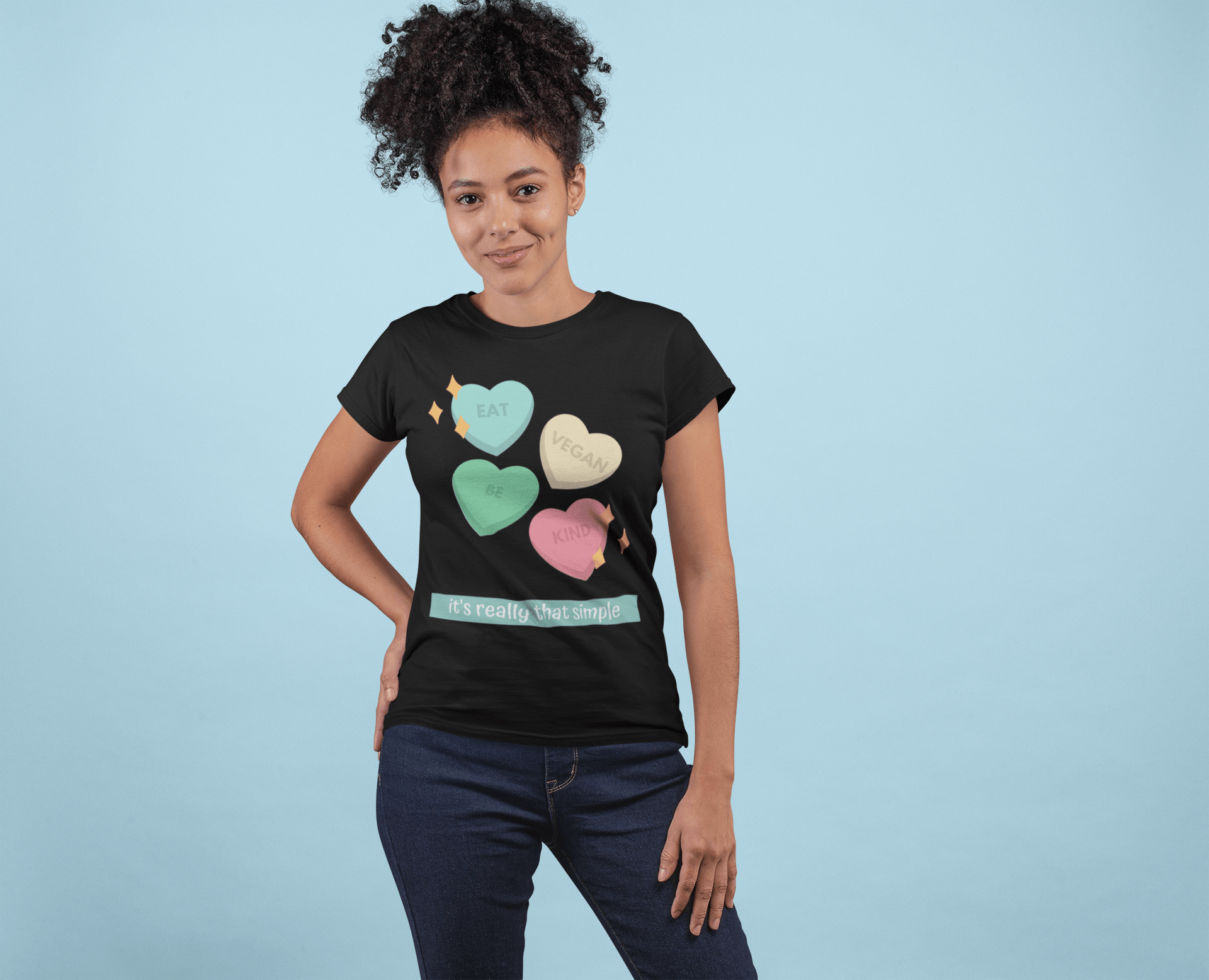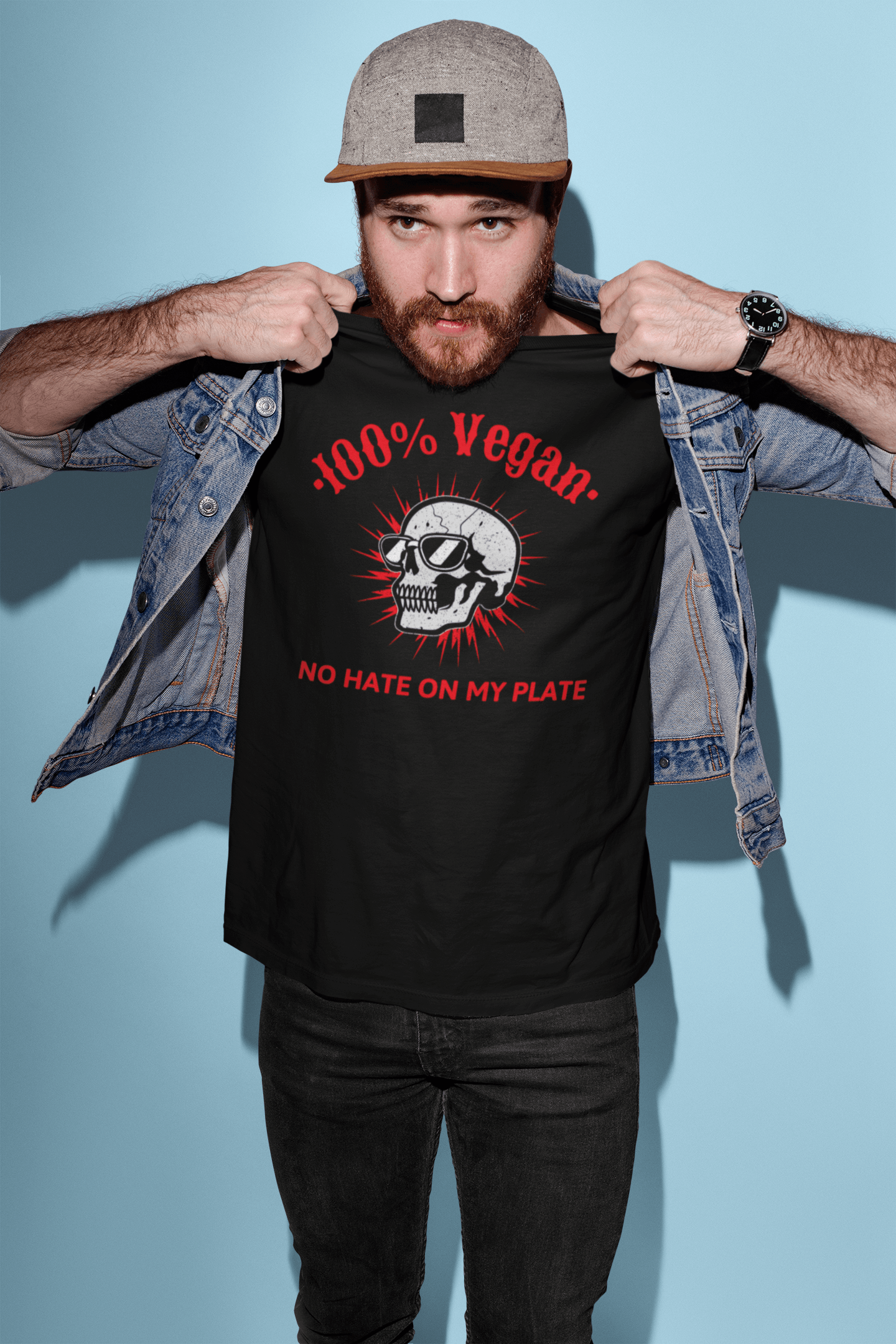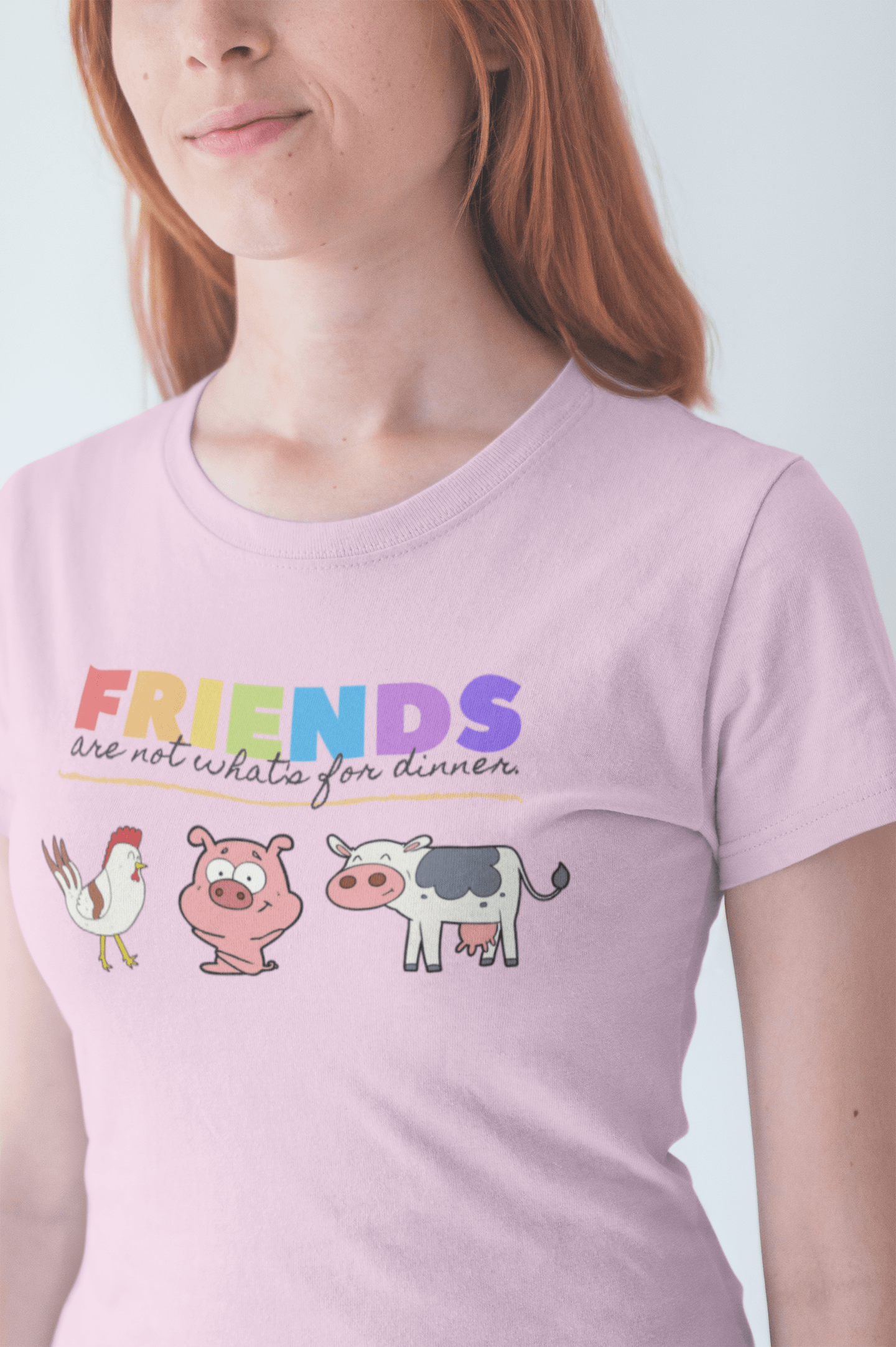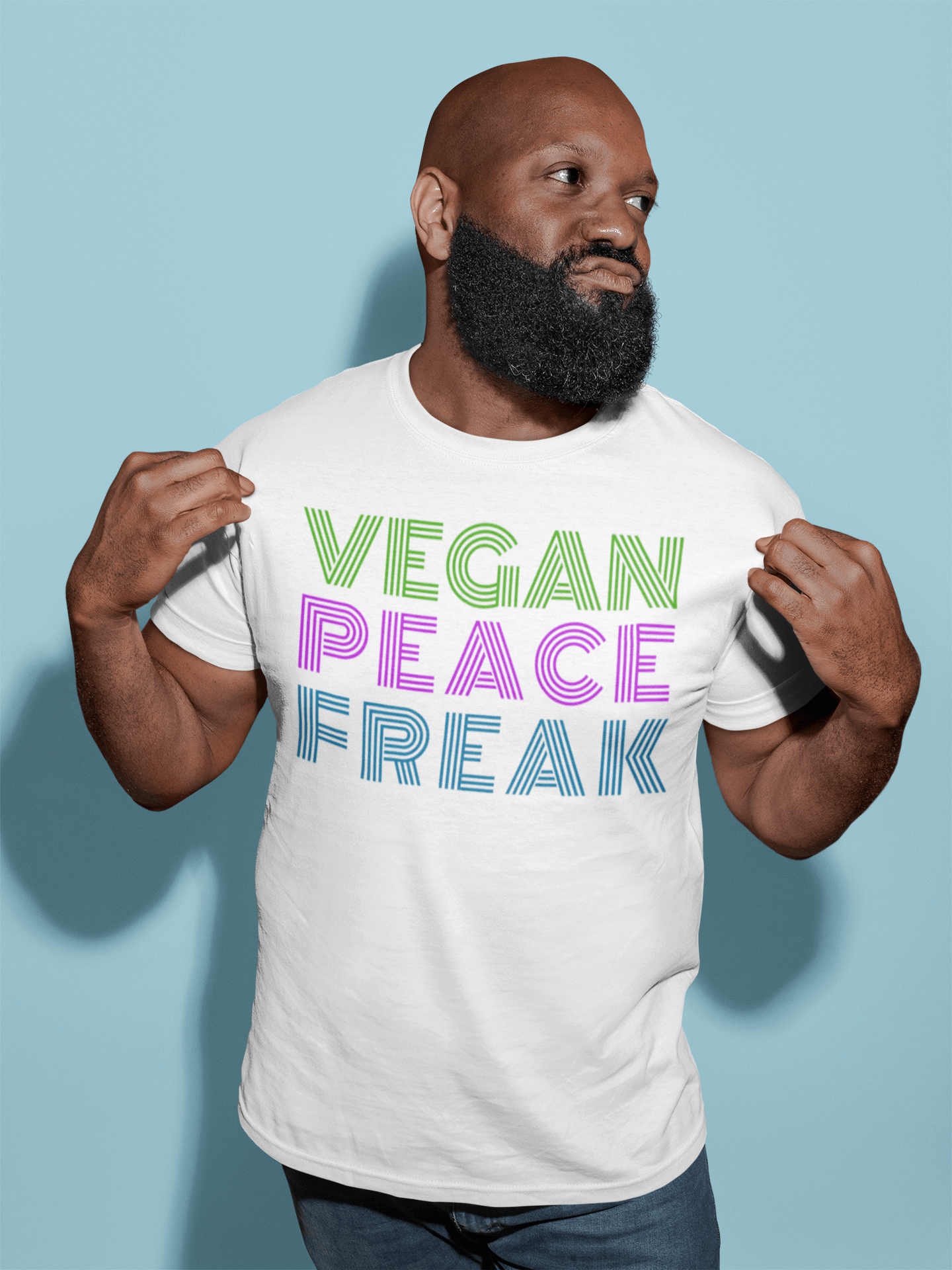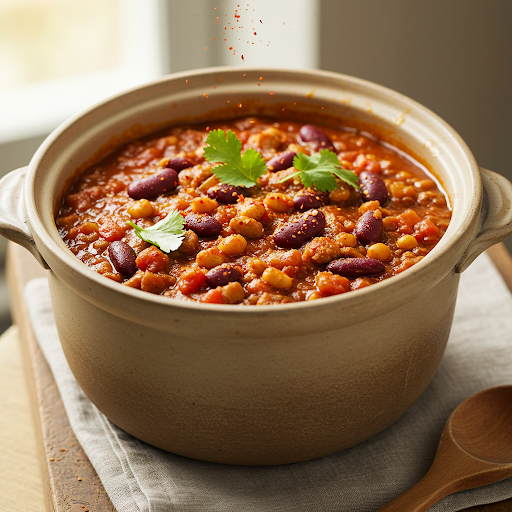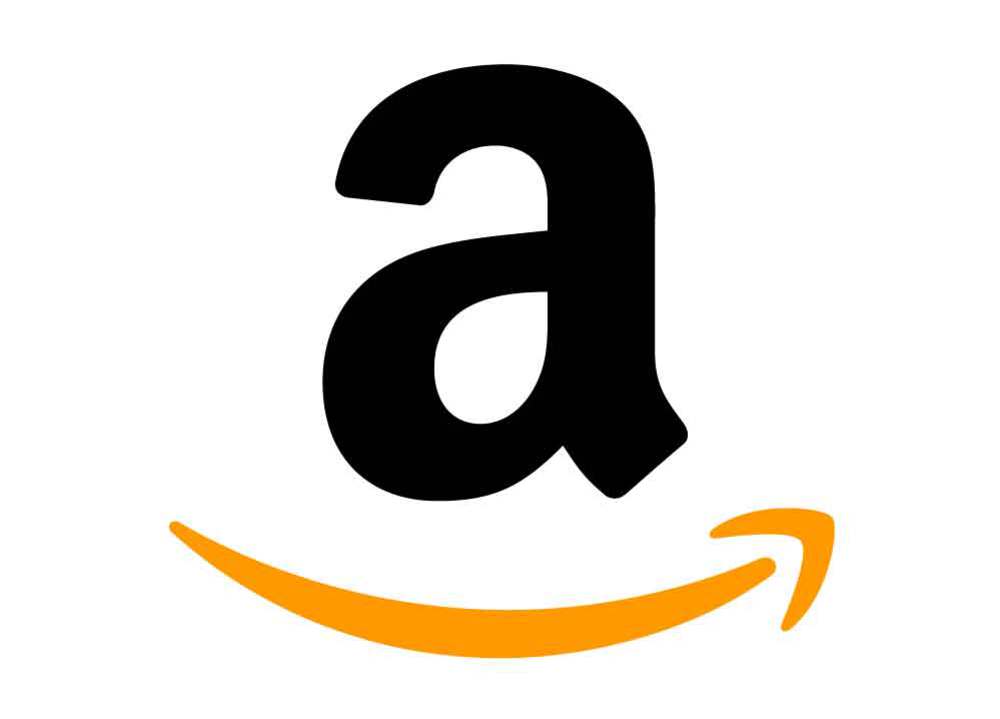3 Vegan Myths Debunked
Jim Moore • February 8, 2020
Don't get caught up in the headlines - do your research and do vegan right!
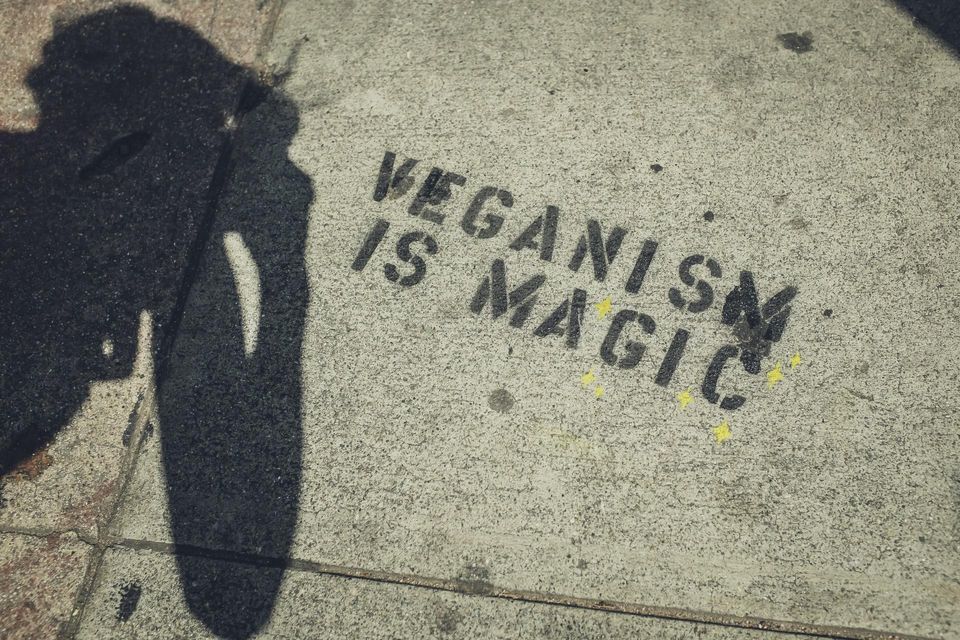
Based on information from Vegan Bits, there are only 1.6 million vegans in the USA currently. And there are many more former vegans. Is this because they don't know how to keep up with the vegan lifestyle? Are others wanting to become vegan but not sure how? Let's debunk some popular myths circulating around the vegan diet.
A Vegan Diet Is Expensive
According to Men's Health, this is an absolute myth! While trend-hopping celebrities splash their lavish plant-based lifestyles all over Instagram, it’s not surprising that the vegan diet is often linked to overpriced food. Your increased appetite for vegan ice creams, cheeses and imitation meats may come at a cost. The truth, however, is a normal plant-based diet is one of the most inexpensive and sustainable ways to eat, explains PT Callum Melly.
The best ways to cash in? First, fruit and vegetables can be purchased frozen or canned. This cuts down on costs and reduces food waste with minimal nutritional downsides. If you have the time to cook them, grains and legumes are better value dried than canned. Meanwhile, go and visit your local farmers market, in-season produce will be cheaper than off-season produce at the grocery store.
A Vegan Diet Is Naturally Healthy By Default
Myth number two may be shocking for most to hear, but Livestrong
says this is not necessarily true. "One of the most common myths about the vegan diet is that it's automatically healthy by default," says Georgie Fear, coauthor of "Racing Weight Cookbook: Lean, Light Recipes for Athletes" and registered dietitian. "But just as vegetarian or omnivorous diets can be either adequate or inadequate, vegan diets can be complete and supportive of fantastic health or they can be lacking in essential nutrients and detract from someone's health," Fear explains.
As with any diet, it depends on the food choices a person makes. Vegans are no different. They must be knowledgeable and informed about their food choices to achieve balanced nutrition and health. Without making a mindful effort to include certain foods, vegans can easily become deficient in vitamins B12 and D, iron, omega-3s, calcium, iodine, and zinc. And as with any restricted diet, vegans need to be sure that they are consuming the proper amount of calories.
Vegans Are Always Weak or Tired
Because meat is packed with iron and vitamin B12, essential nutrients for preventing anemia and sustaining energy levels, people assume vegans are more prone to fatigue and other health problems. However, Everyday Health, says this is not true. Shunning animal products doesn’t automatically make you iron or B12 deficient as long as you nourish your body with healthy, nutrient-rich alternatives.
They continue on to state because plant-based sources of iron are harder to absorb than those that come from meat, vegans need more iron than meat eaters. 33 milligrams of iron daily for premenopausal women and 14 grams of iron a day for men and postmenopausal women. For daily B12 intake, both men and women need more than 2.4 micrograms a day. This is less than what’s found in a serving of B12-fortified cereal, but more than the amount in one egg or a serving of yogurt.
To get the nutrients you need, eat plenty of plant-based sources of iron, such as beans and dark leafy veggies like spinach. It can be hard to get vitamin B12 from non-animal sources, but you can look for fortified cereals or soy milk, and take vitamin B12 supplements.
Share Your Vegan Message with VeganGently.com Gear
Vegan Gently Blog

The modern culinary landscape demands inclusivity, and offering a spectacular vegan dessert is no longer a niche luxury—it’s a business necessity. This Tahini Coconut Milk Ice Cream provides a high-end, genuinely satisfying frozen treat that caters to guests who are dairy-free, vegan, or managing various allergies, ens

So, you're thinking about going vegan? That's awesome! Whether it's for ethical reasons, environmental concerns, or personal health goals, a vegan diet can be a powerful choice. But, like any major lifestyle change, it's important to understand the potential benefits and risks. Let's explore what recent medical literature tells us.

